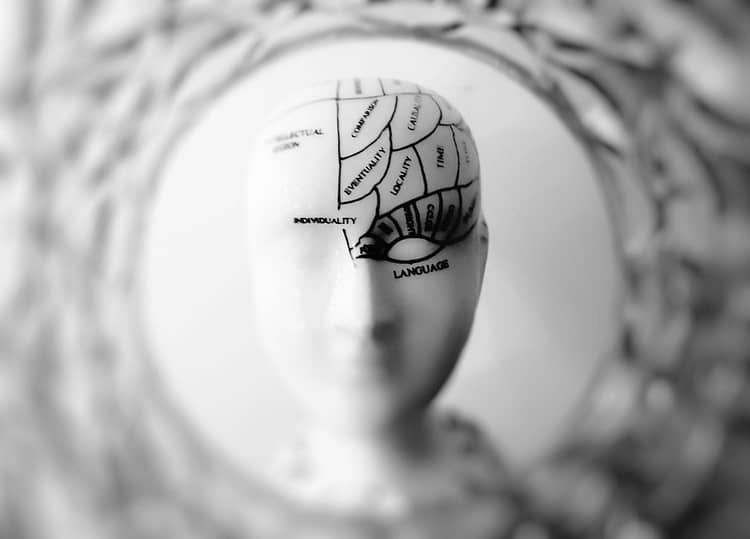Cyclothymia and ADHD are two mental health conditions that can significantly impact an individual’s daily life.
Although they are distinct disorders, there is a growing body of evidence suggesting a potential connection between the two.
This article aims to provide a comprehensive understanding of cyclothymia and ADHD, their overlapping symptoms, possible causes, and treatment approaches.
Table of Contents
Cyclothymia: An Overview
Cyclothymia is a mood disorder characterized by recurring mood swings that fluctuate between mild depression and hypomania, a less severe form of mania. Individuals with cyclothymia experience prolonged periods of elevated or irritable mood and may alternate with periods of depressive symptoms. These mood swings are less severe than those seen in bipolar disorder but can still disrupt daily functioning.
ADHD: An Overview
ADHD is a neurodevelopmental disorder characterized by persistent patterns of inattention, hyperactivity, and impulsivity. It commonly begins in childhood and can persist into adulthood. People with ADHD often struggle with executive functioning skills, such as organization, time management, and impulse control. This condition can significantly impact academic performance, work productivity, and interpersonal relationships.
Overlapping Symptoms of Cyclothymia and ADHD
Although cyclothymia and ADHD are distinct disorders, they share several overlapping symptoms, which can complicate accurate diagnosis and treatment. Some common symptoms include:
Impulsivity
Both conditions may involve impulsive behaviors such as excessive risk-taking, making hasty decisions, and difficulty controlling urges.
Mood Instability
While cyclothymia is primarily characterized by mood swings, individuals with ADHD can also experience emotional dysregulation, leading to rapid changes in mood.
Restlessness and Hyperactivity
Hyperactivity is a core symptom of ADHD, but it can also be present during hypomanic episodes in cyclothymia, leading to overlapping symptoms of restlessness and excessive energy.
Difficulty Concentrating
Inattention and poor concentration are hallmark features of ADHD, but individuals with cyclothymia may also struggle with focus during depressive or hypomanic episodes.
Impaired Executive Functioning
Both disorders can affect executive functions, such as planning, organization, and time management, leading to difficulties in daily functioning.
Potential Causes and Shared Risk Factors
The exact causes of cyclothymia and ADHD are not fully understood. However, several factors may contribute to their development, and some of these factors overlap:
Genetic Factors
Both conditions are believed to have a strong genetic component. Studies have shown a higher risk of developing cyclothymia or ADHD if there is a family history of either disorder.
Neurotransmitter Imbalance
The dysregulation of neurotransmitters such as dopamine and serotonin has been implicated in both cyclothymia and ADHD. Variations in these neurotransmitters may contribute to the shared symptoms and underlying mechanisms of the disorders.
Environmental Factors
Environmental factors such as childhood trauma, chronic stress, and substance abuse can increase the risk of developing both cyclothymia and ADHD.
Diagnosis and Treatment
Accurate diagnosis is crucial to ensure appropriate treatment for individuals with cyclothymia, ADHD, or both. Since their symptoms can overlap, a comprehensive evaluation by a mental health professional is essential. Diagnosis typically involves a thorough clinical interview, symptom assessment scales, and consideration of the individual’s medical and psychiatric history.
Treatment approaches for cyclothymia and ADHD often involves a combination of psychotherapy, medication, and lifestyle modifications:
Psychotherapy
Cognitive Behavioral Therapy (CBT) and Dialectical Behavior Therapy (DBT) are commonly used therapeutic approaches for both conditions. These therapies help individuals manage mood swings, improve coping skills, and address any co-occurring difficulties such as anxiety or substance abuse.
Medication
Medications such as mood stabilizers, atypical antipsychotics, and stimulant medications may be prescribed, depending on the specific diagnosis and symptom profile. Medication management should be carefully monitored by a qualified healthcare professional.
Lifestyle Modifications
Establishing healthy lifestyle habits, such as regular exercise, sufficient sleep, stress management techniques, and maintaining a balanced diet, can have a positive impact on symptom management for both conditions.
Is There a Link Between Cyclothymia and ADHD?
Cyclothymia and Attention Deficit Hyperactivity Disorder are two distinct mental health disorders that can present with overlapping symptoms, leading to diagnostic challenges. Understanding the shared symptoms, potential causes, and treatment approaches is crucial for accurate diagnosis and effective management.
With proper diagnosis and comprehensive treatment strategies that encompass psychotherapy, medication, and lifestyle modifications, individuals with cyclothymia, ADHD, or both can achieve improved quality of life and well-being. Seeking professional help from mental health experts is essential for tailored treatment plans that address the specific needs of each individual.
Check out more mental health articles on the blog while you’re here.

